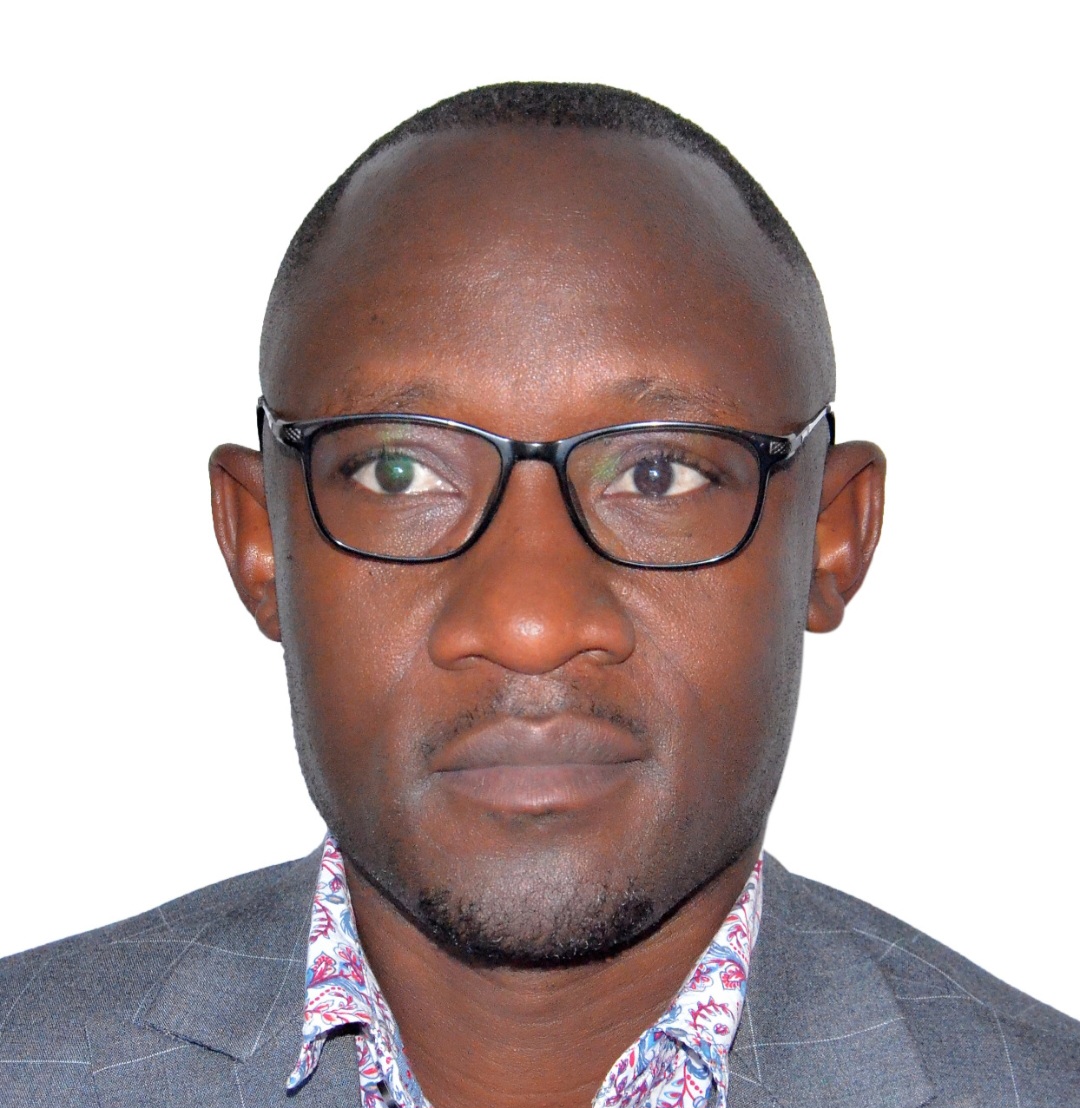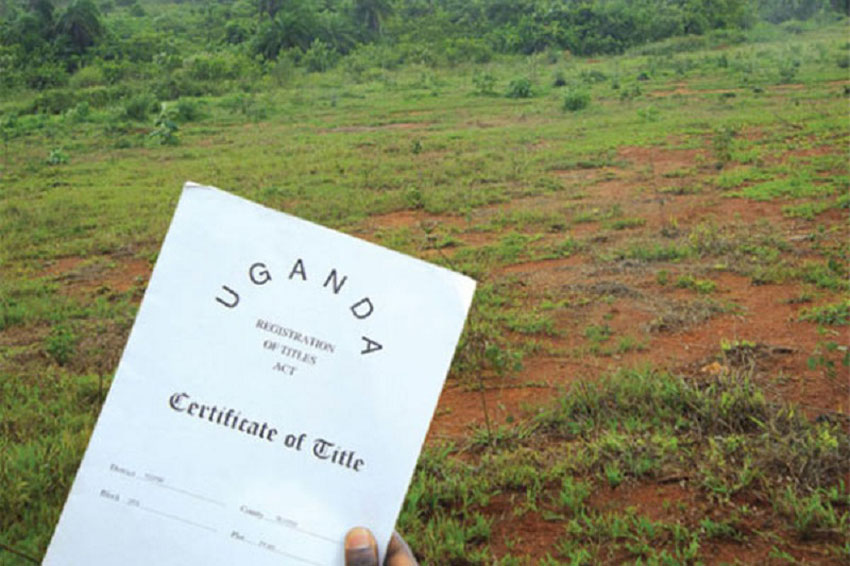The evidence from the Intergovernmental Panel on Climate Change is now overwhelmingly conclusive that climate change is occurring (FAO, 2021). For example, in the Karamoja Sub region, maximum, minimum, and mean temperatures have increased, causing a major setback for men in livestock farming.
The rise in temperatures, which has resulted in droughts, can lead one to argue that climate change has made the people of Karamoja to look as if they are handicapped.
Being handicapped in this context, means they cannot do anything productive within their own means due to the scorching sun.
Damachie Felix Kodet, an elder from Acegerlotolim, in the Nabilatuk district, shared his experience with the drought, stating “Don’t talk about the drought. It has been here and it is too severe, causing us a lot of suffering with our animals.”
In districts like Nabilatuk that practice both crop and livestock farming, there is a problem with accessing water for watering livestock during the dry season. Men involved in livestock farming often have to migrate with their cattle to other districts such as Katakwi or Nakapiripirit to access water sources. For example, men in Kosike Sub County and nearby sub counties in Nabilatuk district migrate to Magoro swamps in Katakwi district, which requires trekking for more than 50 kilometers. The implication of this long trekking is that men become fatigued and physically tired, with other health implications in an area with poor health services.
Additionally, men migrating with cattle to access pastures or water in the rangelands is associated with problems such as the breaking of social ties. Furthermore, men are exposed to conflicts.
For example, Lomuria in Ariamaoi village narrated, “Last time I migrated with my animals to Acerer, I found the Pokot grazing their cattle in that area and we had a big quarrel over the grazing lands.”
These conflicts cause tensions, anxiety, and stress among men during the dry season. For young boys (shepherds) to survive as they graze livestock under the unforgiving scorching sun, some resort to poaching wild meat such as Dik-dik and edible rats, while others shoot birds with small stones using a catapult.
However, this is a risky activity, as the Uganda Wildlife Authority officials can arrest anybody they find poaching.
The extreme and unforgiving sun poses significant challenges for men in cattle farming. Therefore, it is essential to develop strategies that can enhance resilience and adaptive capacity among men in livestock farming.
Author: Ayub Mukisa (Ph.D.). Executive Director, Karamoja Anti- Corruption Coalition. Email. ayubmukisa@gmail.com
Do you have a story in your community or an opinion to share with us: Email us at Submit an Article









